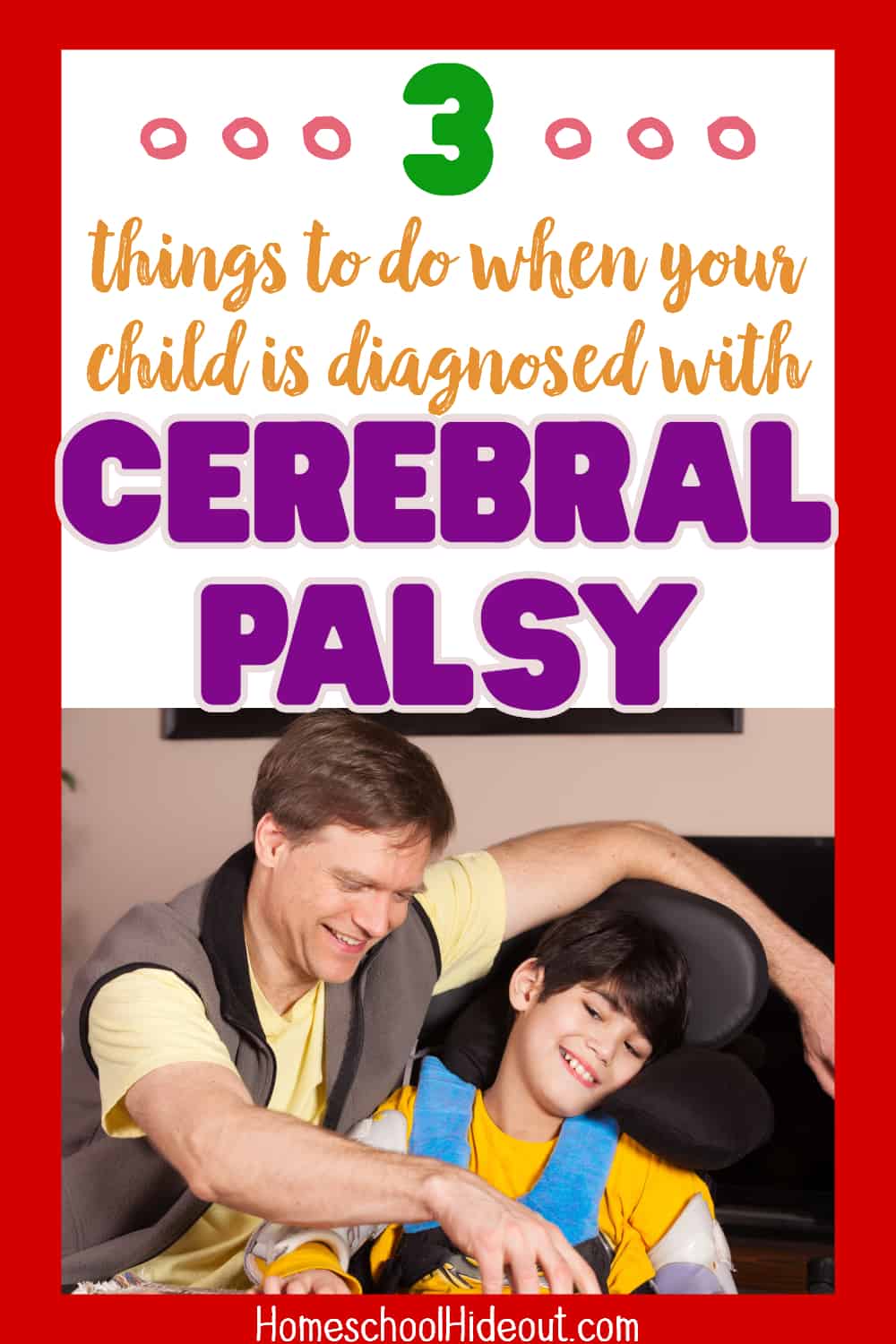It’s estimated that 1 in every 323 children in the U.S. has cerebral palsy, according to the Centers for Disease Control and Prevention (CDC). As a parent, you might be shocked, upset, and worried about how you’ll cope when your child is diagnosed with cerebral palsy. When you utilize the following tips and all that special needs communities have to offer, you’ll be well-equipped to provide the best care for your child.
This is a guest contributor post. For more information, visit the resources below.
3 Things to Do when Your Kid is Diagnosed with Cerebral Palsy
Education is key:
There are a lot of myths associated with cerebral palsy in kids. Some say children with the condition can’t communicate, walk, and are intellectually disabled. However, with the right treatment, children who have been diagnosed with cerebral palsy can go on to do these things without developing intellectual disabilities.
To ensure no misconceptions are made, the child’s nearest and dearest should educate themselves on the details of the condition. It’s also worth enrolling your child in a special needs school. There, they’ll fully understand your child’s condition and ensure the right level of care is provided at all times.
Stay positive:
The caregivers of children with cerebral palsy easily get stressed. They typically report greater levels of distress, emotional problems, and cognitive problems compared to the general population of caregivers. But it’s important to stay positive for your own health and your child’s.
Getting out of the house is a great way to bolster your mood and your child’s self-esteem. Taking part in some of the sensory-friendly activities, such as visiting zoos, going to museums, playing at the playground, and watching a live show can really help. Plus, many of these activities will benefit your child’s development too.
Ask for help:
A child with cerebral palsy requires a lot of individual care. They’ll typically need multiple types of therapy, a strict diet, regular medical checks, exercise, personal care, and constant supervision. As a result, research has found that the caregivers of children with cerebral palsy report higher levels of physical complaints. and chronic physical conditions.
To lessen the strain, ask for and accept help when you need it. This could be from family members and friends,. You can even turn to support groups designed especially for people with cerebral palsy and similar special needs. Summer camps are also available, like the ones held at Camp Discovery in Fanwood. While there, you can be sure your child’s needs will be met in a safe, caring, and understanding environment.
When your child is first diagnosed with cerebral palsy it can be a daunting and worrying time. But the good news is there are lots of ways you can get your head around your child’s diagnosis and there are plenty of resources available that will aid you.
If you’re a parent of a child with special needs, here are some resources you might find helpful:
- Cerebral Palsy Family Network – A compassionate community that provides resources for loved ones with cerebral palsy
- Learn about Financial Planning For Kids With Special Needs
- Check out some Encouragement Ideas







